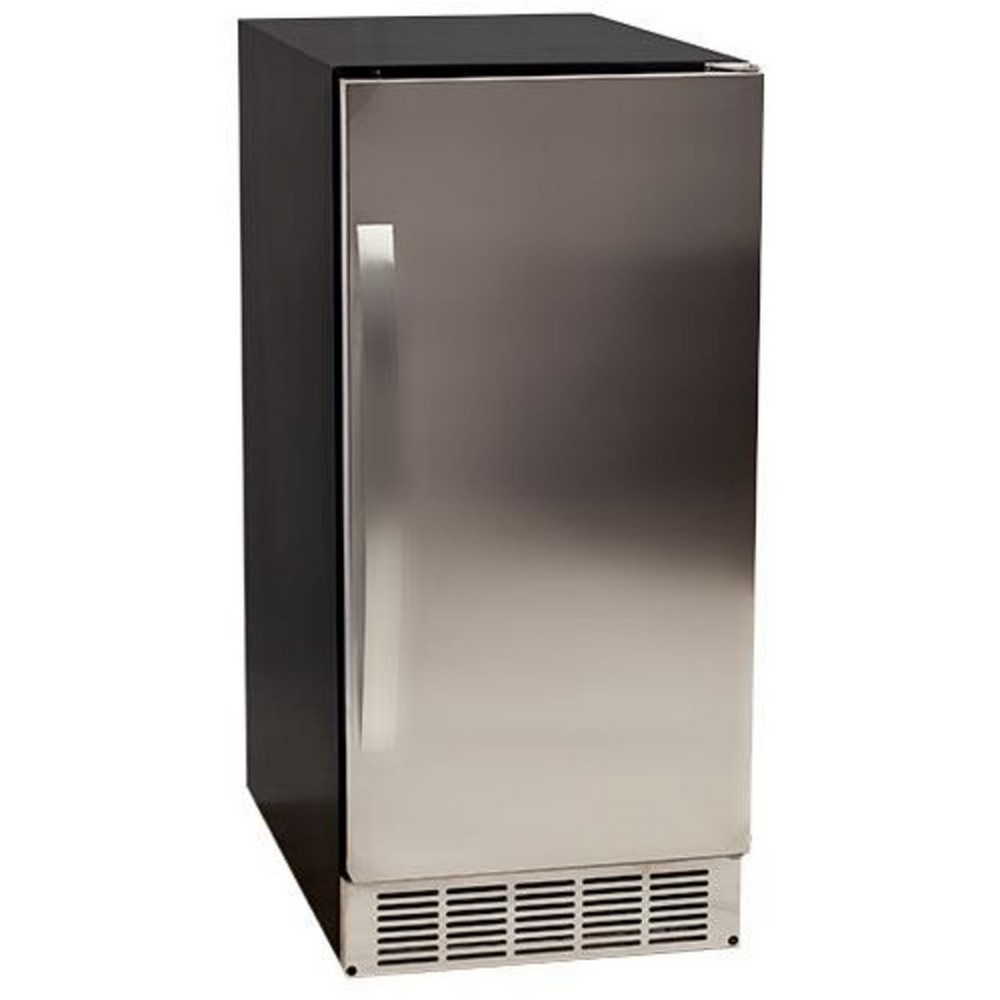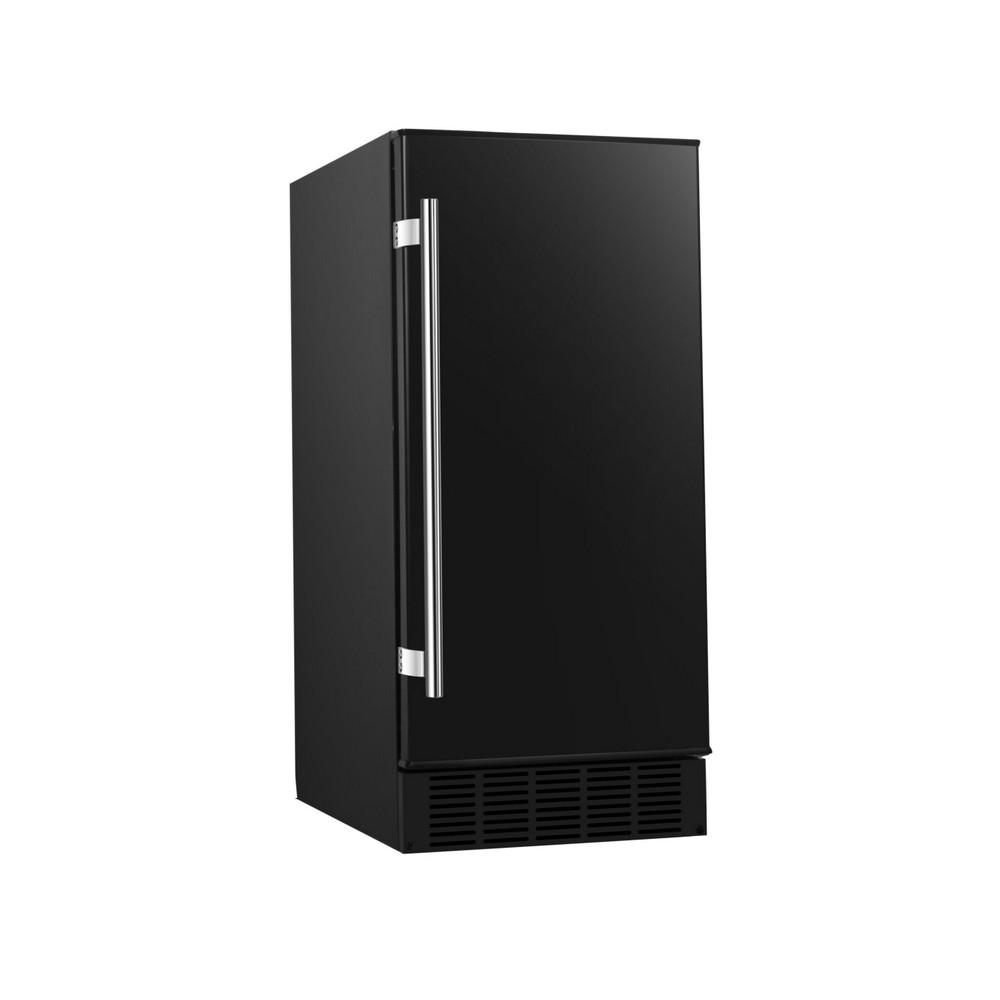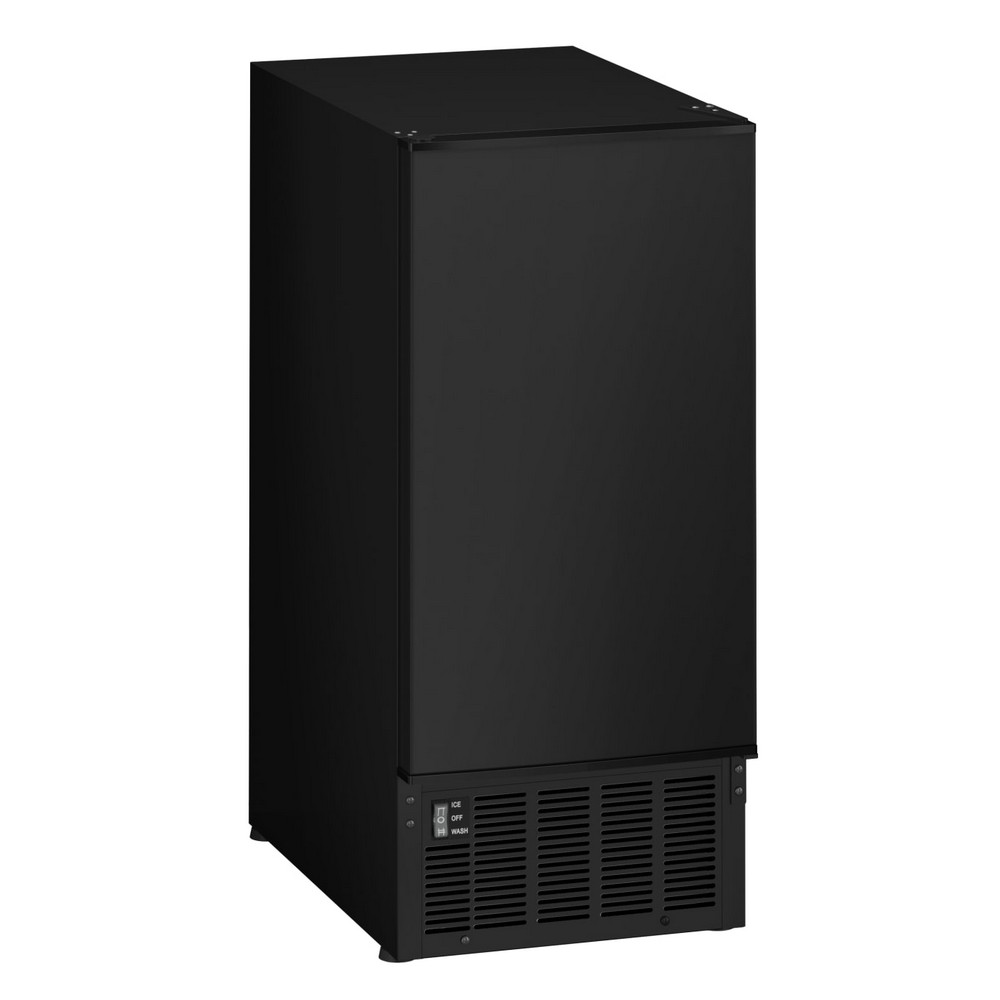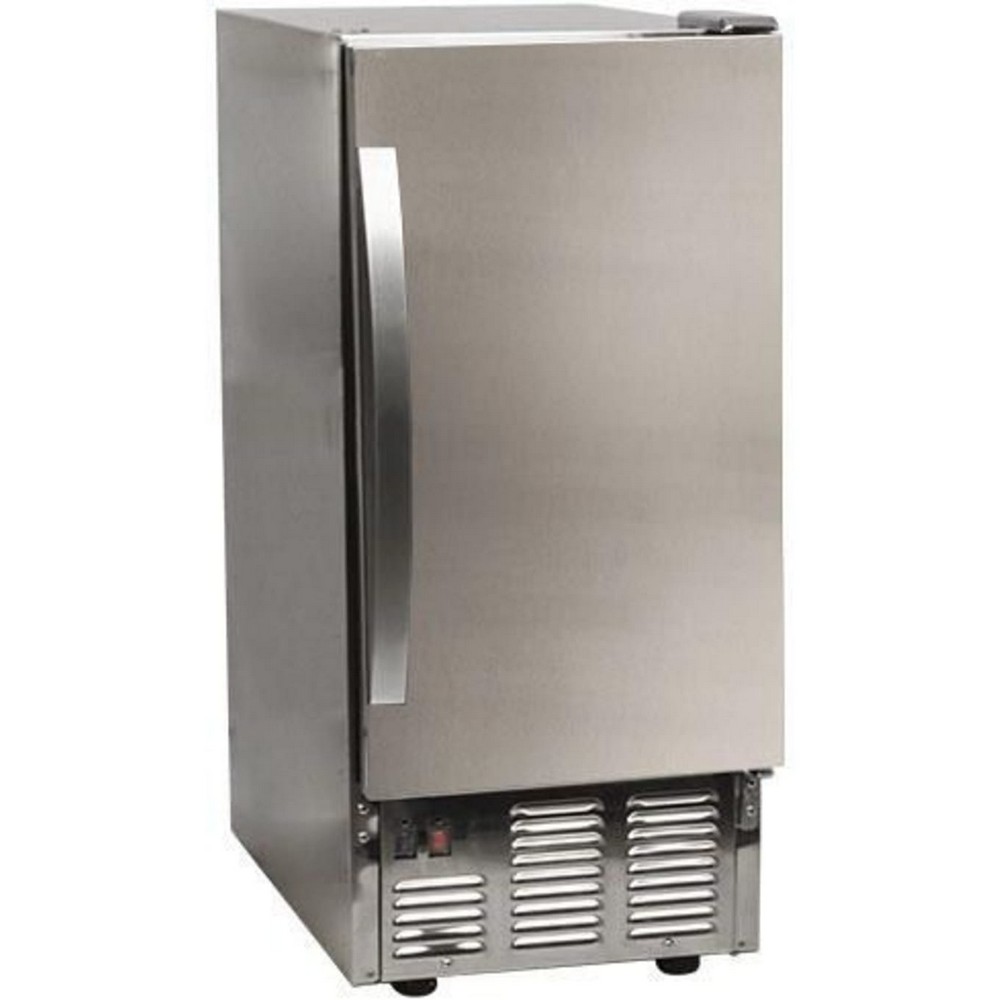$1,439.00
Low stock, please call
EDGESTAR IB450SSP 14 5/8 INCH UNDERCOUNTER CLEAR ICE MAKER IN STAINLESS STEEL
Low stock, please call
$937.48
Low stock, please call
EDGESTAR IB250 14 7/8 INCH FREESTANDING AND UNDERCOUNTER ICE MAKER WITH DAILY ICE PRODUCTION
Low stock, please call
$1,204.28
$1,309.00
Low stock, please call
EDGESTAR IB250SSOD 14 7/8 INCH BUILT-IN ICE MAKER REFRIGERATOR IN STAINLESS STEEL
Low stock, please call
$1,517.08
$1,649.00
Low stock, please call
EDGESTAR OIM450SS 14 5/8 INCH 25 LBS ICE MAKER IN STAINLESS STEEL
Low stock, please call
Kitchen & Bath Authority Reviews
We consistently strive to offer our customers the best possible online experience - But don't take our word for it, here are some real, verified reviews that our past customers have left about KBAuthority.com !
We consistently strive to offer our customers the best possible online experience - But don't take our word for it, here are some real, verified reviews that our past customers have left about KBAuthority.com !














